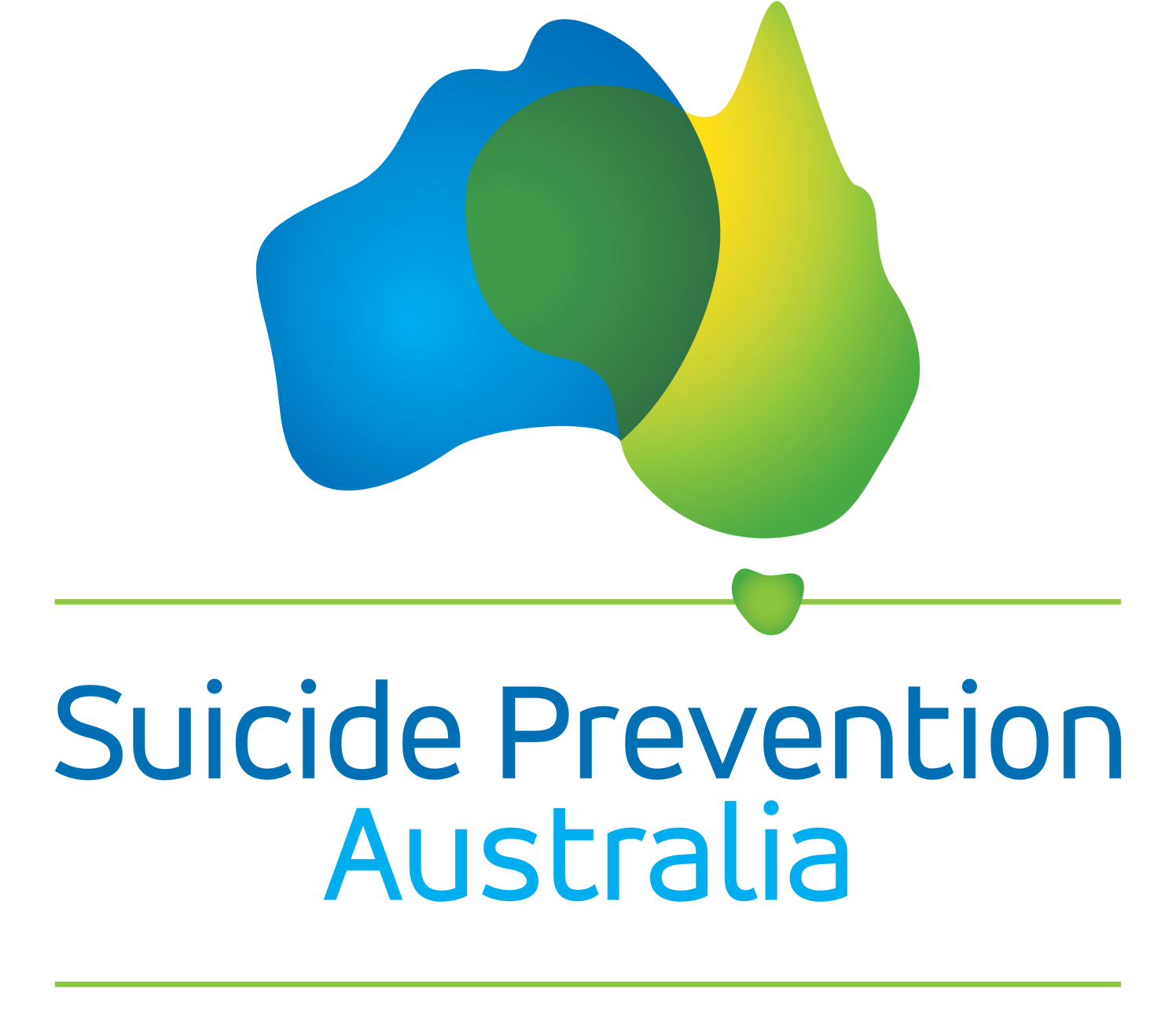Ahead of the upcoming decision from the Reserve Bank of Australia (RBA), Suicide Prevention Australia wishes to provide Australians experiencing cost of living distress with a message of hope and help-seeking.
Suicide Prevention Australia CEO Nieves Murray said, “We recognise the potential impact of interest rate changes on individuals and families, particularly those who may already be experiencing financial hardship. We understand that such pressure can exacerbate feelings of hopelessness and despair. However, we want to remind everyone that no matter what the RBA decides or what challenges you face, there is always hope and help available.”
Lifeline recently confirmed that they’re receiving 500 more calls each day than during the same period four years ago – and many of these are due to financial stress.
Ms Murray said it’s positive to see that more Australians are seeking help, but warned further economic turbulence could prove challenging for already stretched frontline services without additional funding.
“Feeding the family and keeping a roof over our heads are two of the most basic human needs. While inflation and interest rates are a matter for the RBA board, we must be prepared and proactive to prevent distress and suicide rates from continuing to rise,” Ms Murray said.
The latest Suicide Prevention Australia Community Tracker revealed ‘cost-of-living and personal debt’ ranked as the leading cause of elevated distress and suicide risk amongst Australian adults (18+).
Our June 2023 quarter survey – taken in the week after the May Federal Budget – showed the level of Australians experiencing elevated distress beyond normal levels due to ‘cost-of-living and personal debt’ also continues to remain stubbornly high at 40% or more, four quarters running.
Those who reported cost-of-living as the cause for their elevated distress were also more likely to report suicidal thoughts (19%) than others in the survey (15%).
“We encourage anyone feeling overwhelmed by financial stress, or any other pressures, to reach out to friends, family, and or professional support services. Our member organisations are ready and able to provide support, resources, and a listening ear.
“Remember, it’s okay to ask for help. It’s okay to admit when you’re not okay.
“If you’re struggling to make repayments, reach out to your bank and let them know as soon as possible. The earlier you reach out for help, the more options you’ll have. Lenders have hardship teams that are ready to assist when things are tight.
“In these challenging times, it’s more important than ever to check in on those around us and remind them that help is available.”
ENDS
To get help 24/7, phone Lifeline on 13 11 14 or the Suicide Call Back Service on 1300 659 467. If you or someone you know are in immediate danger, phone 000 for emergency services.
The Suicide Prevention Australia Community Tracker is undertaken in partnership with YouGov Australia. Total sample size was 1038 adults. Fieldwork was undertaken between 14th – 17th May 2023. The survey was carried out online. The figures have been weighted and are representative of all Australian adults (aged 18+).
Help to report about suicide safely is available online: Go to https://mindframe.org.au/
Media enquiries:
Amelia Hew 0410 591 134 or ameliah@suicidepreventionaust.org
Tom Anderson 0409 718 271 toma@suicidepreventionaust.org
About Suicide Prevention Australia
Suicide Prevention Australia is the national peak body and we’ve been providing support for Australia’s suicide prevention sector for more than 30 years. We support and advocate for our members to drive continual improvement in suicide prevention policy, programs and services. Our reach is broad, including member organisations, governments, businesses, researchers, practitioners and those with lived experience. We are focused on an integrated approach to suicide prevention encompassing mental health, social, economic and community factors. We believe that through collaborative effort and shared purpose, we can achieve our vision of a world without suicide.
